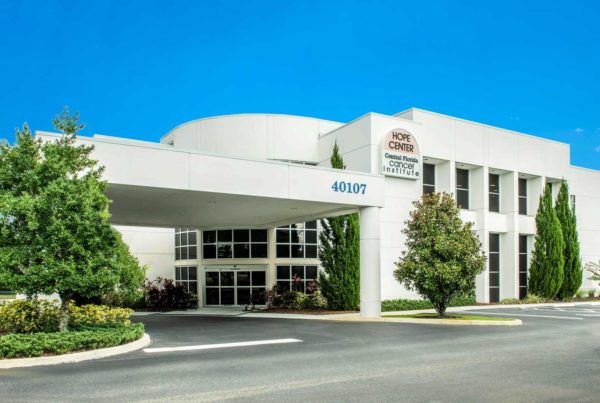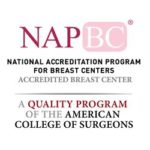Ultra-Processed Foods and Cancer: A Growing Concern
Cancer doctors in Davenport and across the world are increasingly focusing on the potential link between ultra-processed foods and cancer risk. Recent scientific research has shed light on this critical health issue.
Understanding Ultra-Processed Foods
Ultra-processed foods are industrial formulations made mostly from substances extracted from foods or derived from food constituents. Examples include:
- Packaged snacks
- Soft drinks
- Processed meats
- Instant noodles
- Frozen meals
Scientific Evidence: The Cancer Connection
Research Findings
Multiple studies have established a significant correlation between ultra-processed food consumption and cancer risk:
- A large French study found a 10% increase in cancer risk for every 10% increase in ultra-processed food intake
- Research suggests links to several cancer types, including:
- Colorectal cancer
- Breast cancer
- Prostate cancer
Potential Mechanisms
Cancer doctors in Davenport point to several potential reasons for the increased cancer risk:
- High levels of additives and preservatives
- Inflammatory properties
- Nutritional deficiencies
- Disruption of metabolic processes
Recommendations for Reducing Risk
Dietary Strategies
- Minimize ultra-processed food consumption
- Prioritize whole, minimally processed foods
- Choose fresh fruits, vegetables, and whole grains
- Cook meals using whole-food ingredients
Ongoing Research
While the connection is compelling, cancer researchers continue to investigate:
- Long-term impacts
- Specific biological mechanisms
- Individual risk variations
Conclusion
Cancer doctors in Davenport emphasize that diet plays a crucial role in cancer prevention. Reducing ultra-processed food intake can be a significant step in lowering cancer risk.
Disclaimer: Consult with healthcare professionals for personalized medical advice and comprehensive cancer prevention strategies.




